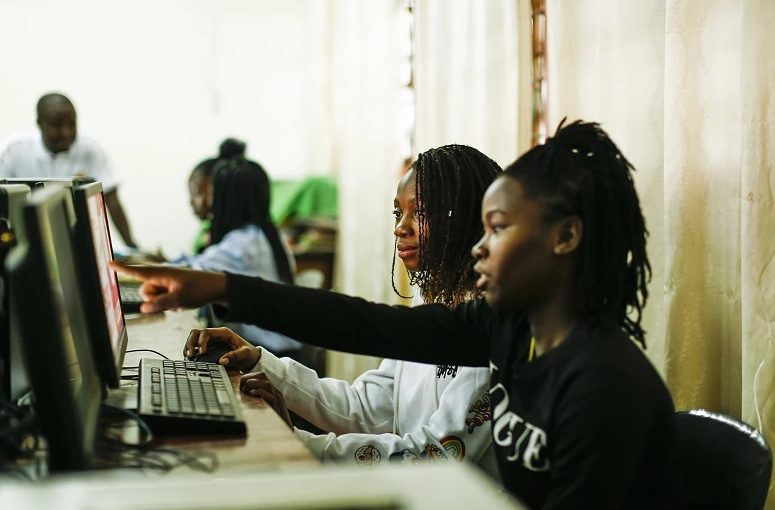16 Mozambicans trafficked to Laos rescued, repatriated
Mozambique: Six in ten students suffer sexual harassment – Watch

FILE - For illustration purposes only. [File photo: Lusa]
Six out of ten students attending higher education in Mozambique have been sexually harassed by their lecturers, according to a study launched by the non-governmental organisation Centro de Integridade Pública (CIP).
The study “Sexual harassment in higher education in Mozambique: When the victim is someone else’s daughter, nobody cares” (full text in English HERE), launched on Tuesday, is based on field research in eight higher education institutions in the city of Maputo and the provinces of Tete, Manica and Inhambane.
“It shows that between 2019 and 2022, of the 30 complaints of sexual harassment in higher education institutions, half ended up being dismissed, six of the cases are ongoing, and only nine have reached an outcome that culminates in the punishment of those involved,” the survey said.
“The vast majority don’t report it for fear of reprisals, and the few [students] who have the courage to report it don’t receive the support they deserve,” it added.
CIP pointed out that harassment continues to occur in higher education institutions despite being criminalised and punished under the Penal Code.
The study said that the number of complaints is far from reflecting the reality of existing cases due to the lack of credibility in the mechanisms for reporting and protecting whistleblowers.
According to the same source, 80% of cases resulting from complaints of sexual harassment were dismissed due to a lack of material evidence.
“The difficulty in presenting material evidence on the part of the complainants was used by the institutions to justify the filing of 12 sexual harassment cases, which represent 80% of the total of 15 complaints filed,” the text reads.
In some cases, complaints of sexual harassment involving students are filed with the Public Prosecutor’s Office and the courts, but some complaints end up being dismissed, it said.
The CIP noted that the existing institutional mechanisms do not specify what should be used as evidence of sexual harassment.
The regulation on combating corruption and sexual harassment, applied in technical and vocational education, only states that “complaints should contain as much information as possible to enable the offenders to be held accountable, from the identification of the complainant and the offender, the description of the facts, to the indication of witnesses,” the CIP survey emphasises.
“In Mozambique, although educational institutions recognise sexual harassment as a problem, they are still not sufficiently prepared to deal with reported cases (…). Only two higher education institutions have established specific channels for reporting and investigating cases of sexual harassment,” the study noted.
The research recommends a specific law to combat sexual harassment in higher education and the creation of independent governing bodies that operate outside universities to deal with issues of reporting sexual harassment of students.
The Ministry of Science, Technology and Higher Education should create regulations to prevent and combat sexual harassment in higher education.
The study said that the resolution of sexual harassment cases should be included in the quality indicators used to measure the performance of higher education institutions, and the mechanisms guaranteeing the protection of whistle-blowers should be strengthened to avoid possible retaliation and encourage reporting.













Leave a Reply
Be the First to Comment!
You must be logged in to post a comment.
You must be logged in to post a comment.